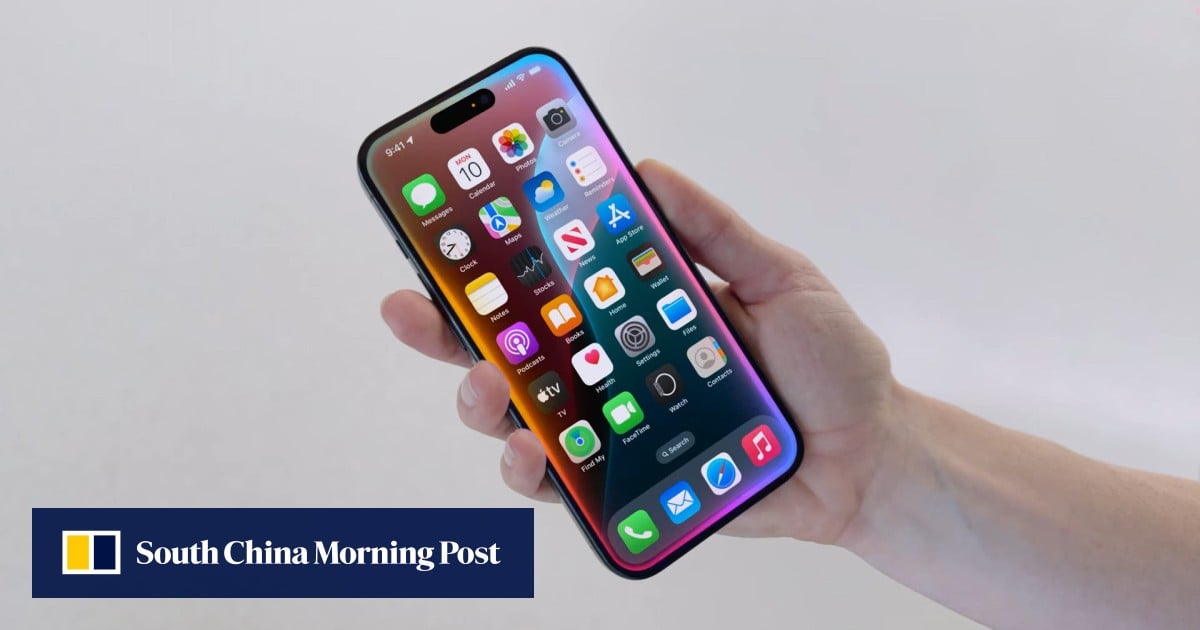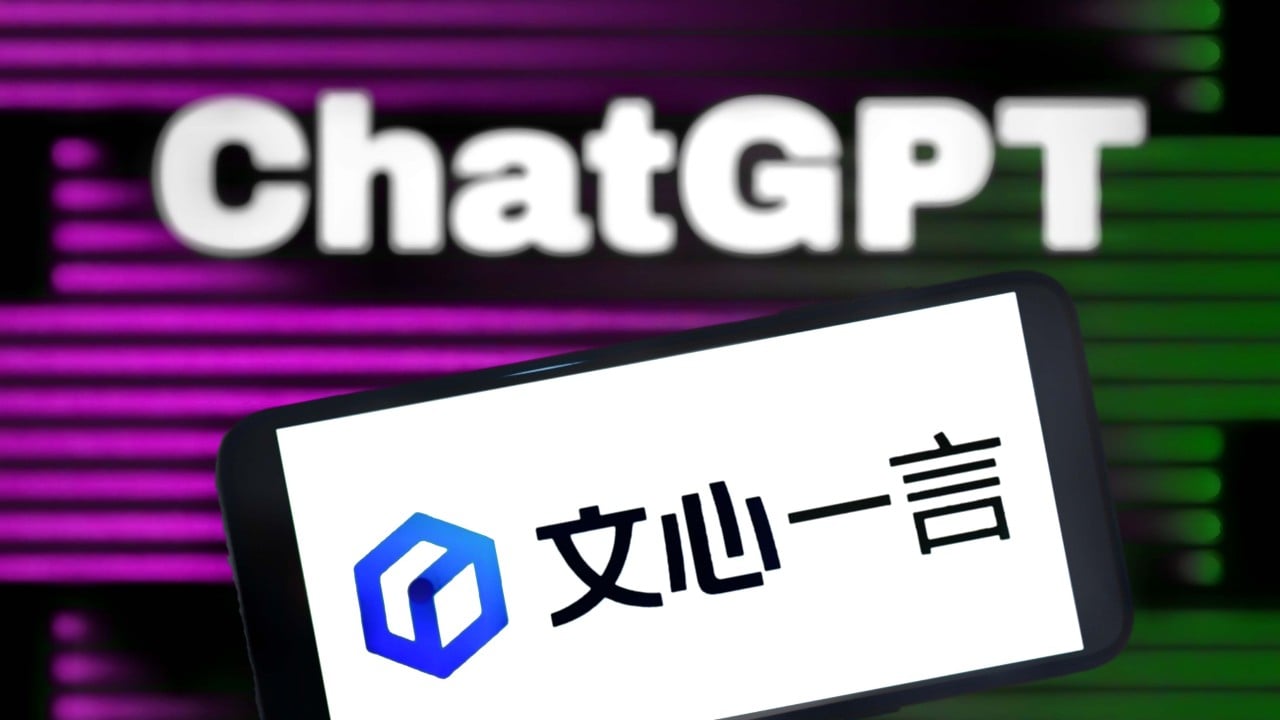The US tech giant on Monday unveiled its long-awaited AI blueprint during its annual Worldwide Developers Conference, charting out plans to bake a range of related functions into iPhones, iPads and Mac computers. The new functionality includes text generation, photo editing and call transcription.
Apple’s move was invigorating for Chinese iPhone fans, although it remains unclear when the company’s AI features will make it to devices inside China’s heavily regulated internet services market.

Li An, who runs a five-person app development studio in Hangzhou, capital of eastern Zhejiang province, hailed Apple’s AI integration as a big and positive move for iOS app developers in China. The updates will persuade iPhone users to stay in the Apple ecosystem, he said.
At the same time, Apple’s perceived tardiness to the AI race engulfing Silicon Valley right now has led to rehashed criticism of the company not being truly innovative.
Apple did not immediately respond to questions about Li’s remarks on Wednesday.
Other users on Weibo also argued that similar functionality could be found on cheaper Chinese handsets. Apple is only making its AI functions available on the premium iPhone 15 Pro and Pro Max for now.
Like much of the technology industry, Chinese smartphone brands have been aggressive in their adoption of AI in hopes of standing out in a crowded and stagnant handset market. Canalys, a consultancy, forecast 1 per cent growth in Chinese smartphone shipments this year.
“The GenAI-capable smartphone presents important opportunities for Chinese vendors to differentiate in the high end in 2024 to challenge Apple in their home market,” Canalys analyst Lucas Zhong wrote in a note in April.
Similar to Apple’s tie-up with OpenAI, they have each teamed up with Chinese LLM developers.
Oppo also announced in early June that it is looking to “democratise [AI phones] for the first time in the industry”, as the company pledges to bring AI functions to all of its products, including more affordable devices. It aims to have its AI features available to 50 million users by year’s end.
In recent years, Apple has sought to differentiate itself from rivals by emphasising privacy, which is seen as a challenge when using data-hungry LLMs, especially those developed by third parties.
“Apple’s much-anticipated adoption of AI has been delayed due to long-standing privacy concerns surrounding generative AI,” said Ivan Lam, an analyst at market consultancy Counterpoint. “This is why AI has already been used in many features and functions on Apple devices, but only in an assistive capacity rather than in a general way.”


